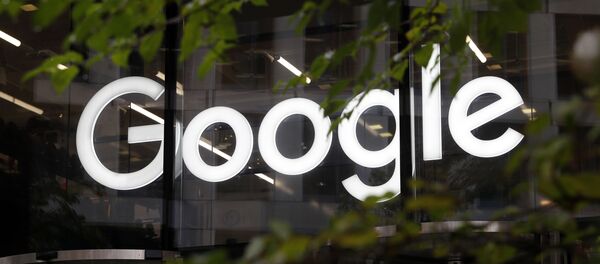The European Court of Justice has heard arguments on whether YouTube should be held legally responsible for copyright infringement on its platform.
The case was brought to Luxembourg earlier this year, prior to the European Union adopting a copyright reform which means YouTube can be, under certain conditions, held accountable for copyright infringement.
The case was brought against the Google-owned streaming monopole by a record producer who sought damages from the platform because recordings he said he owned were uploaded online without his consent.
German courts gave conflicting rulings on the case, with a judge first ruling YouTube could be held liable for copyright-infringement, then an appeal court reversing the decision. Germany’s Federal Court of Justice then referred the matter to the ECJ – now, EU judges will determine whether YouTube is a ‘passive’ platform, a hosting provider, or an ‘active’ one.
Under the new rules, video-sharing platforms are only liable for the copyright-protected material they host if they have entered licensing agreements with rights holders.
In a statement, UK law firm Wiggin said the judgment will have “far-reaching consequences” for copyright law in respect of the Digital Single Market Directive.
“At a practical level, these rulings will impact the protection and exploitation of creative content online. Rightholders argue that the CJEU should find that the platform operators communicate works uploaded by users to the public and may not rely on the Article 14 defence for hosting providers. This position is consistent with their goal of ensuring that content can be effectively licensed and protected online in a world where content-sharing platforms have become part of mainstream daily content consumption. The platforms will rely on a more restrictive view of communication to the public and a broad interpretation of the hosting privilege,” the firm added.





